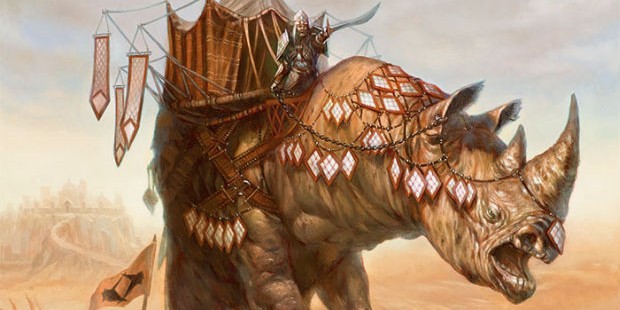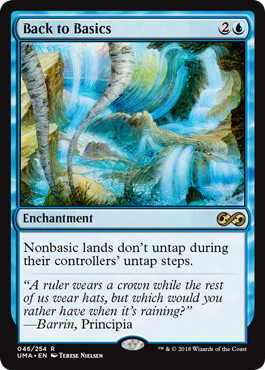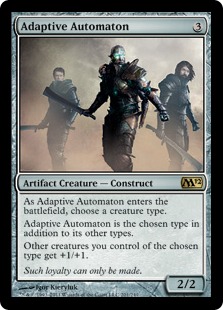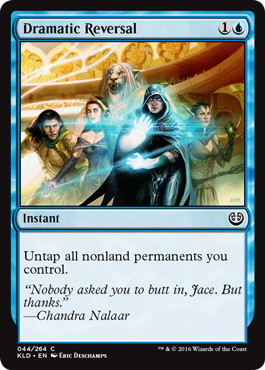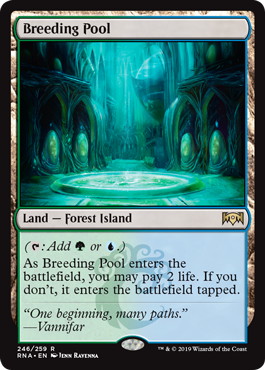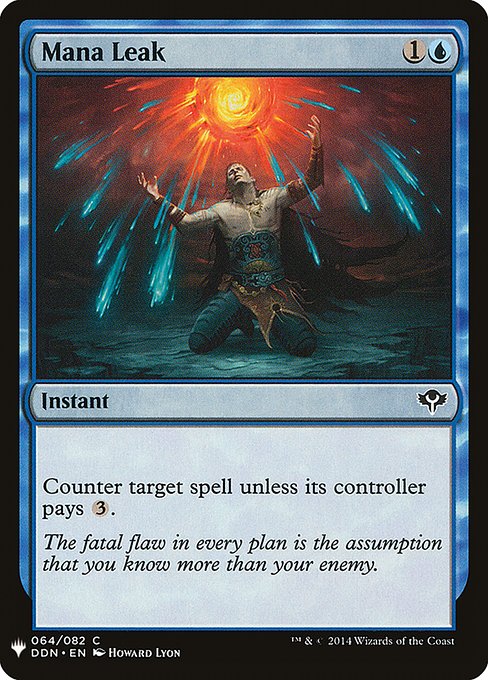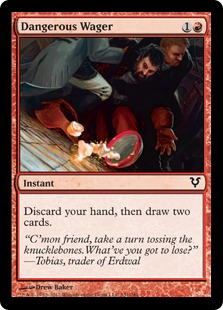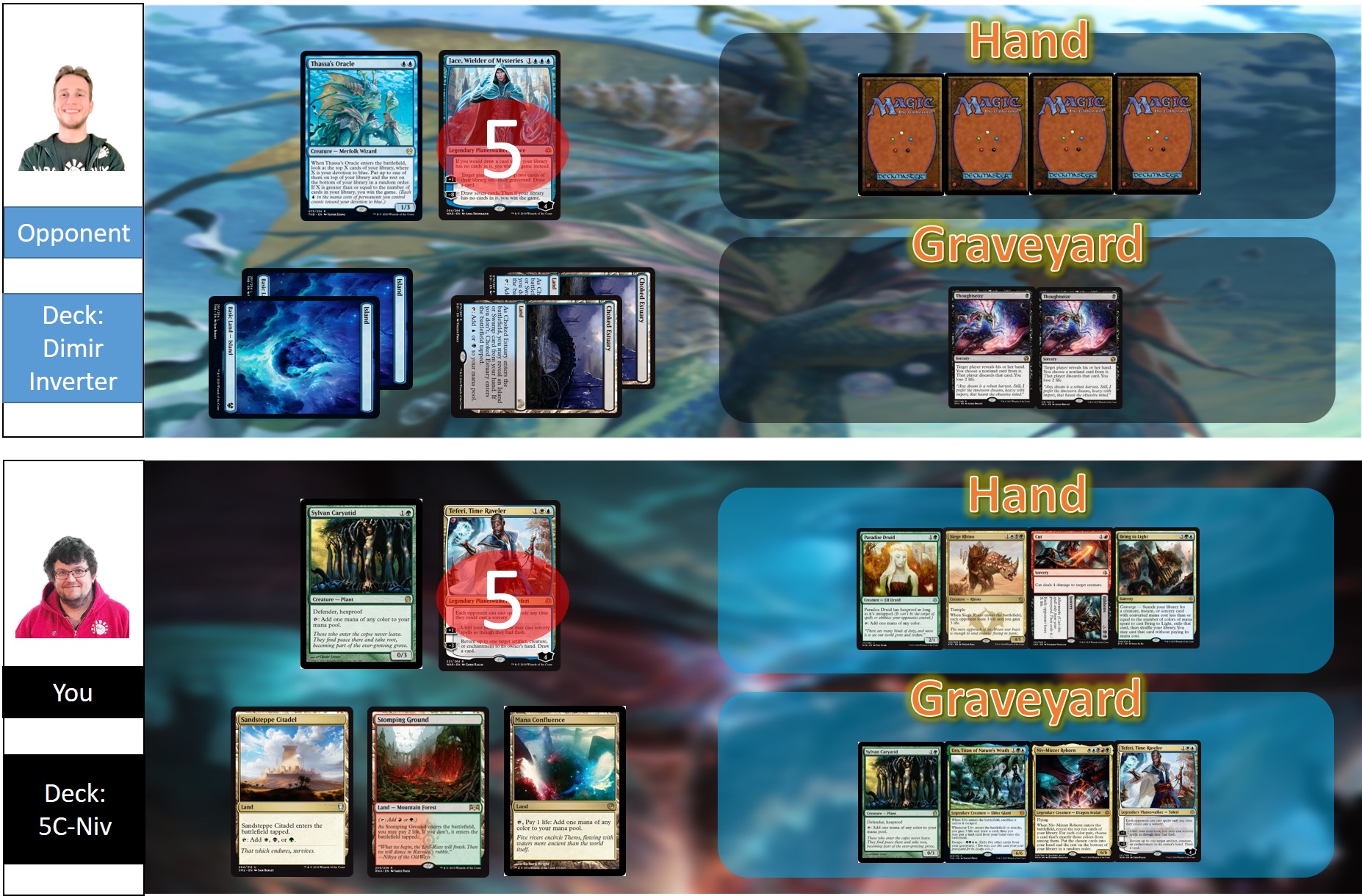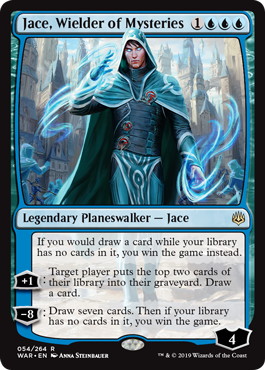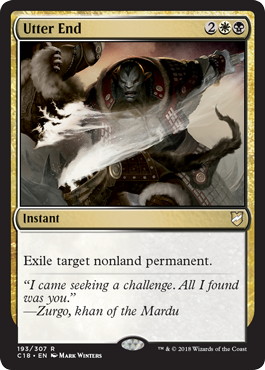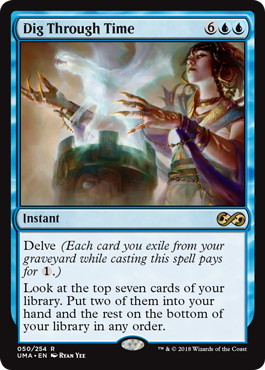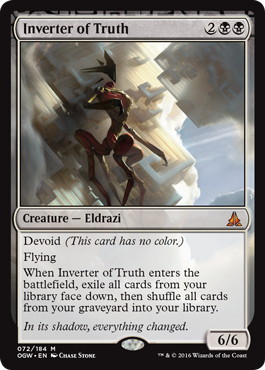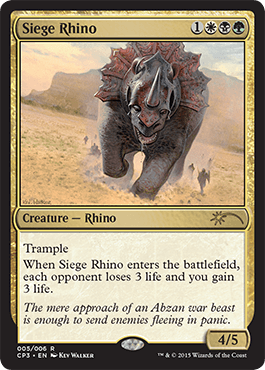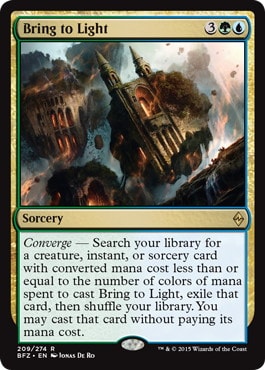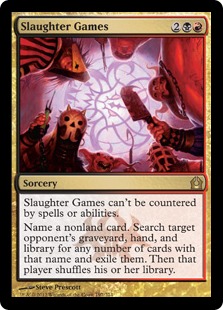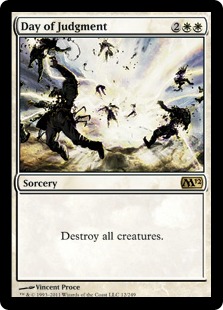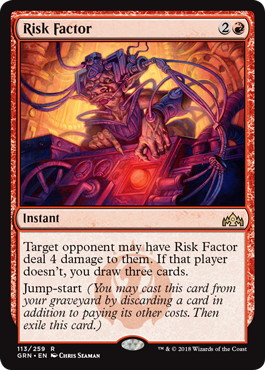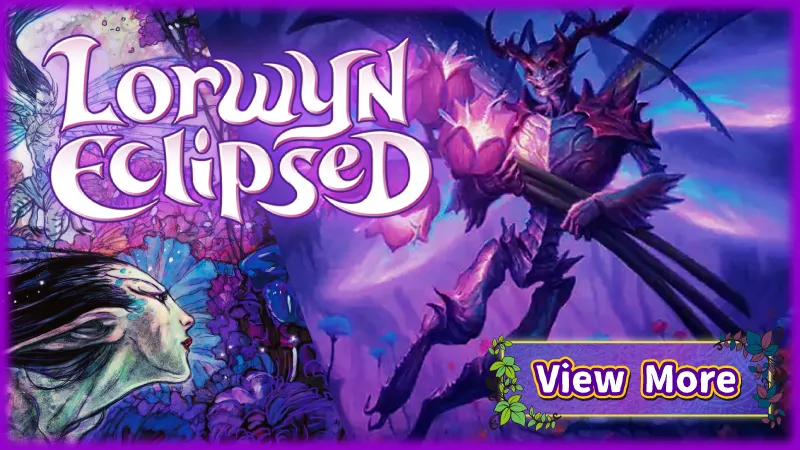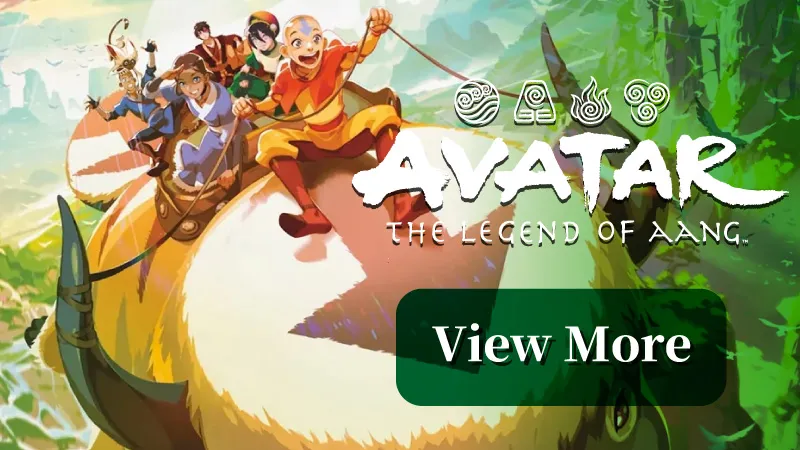What is the “Next Level Plays”
Next Level Plays.
What does this phrase even mean? When is a play next level? Why did the player making it, make a play that was next level? How do I start using “next level plays” in my game to make myself better at Magic?
By the end of this article, I hope that we will all have a slightly better understanding of these questions. And perhaps a better idea, of how to incorporate next level gameplay, into our game.
Understanding the Base Level
First off, what makes a play next level, to understand this we first need to examine what is the actual base level.
For a Magic player, the base level is the play, which is technically correct for a given situation, with the immediate information you have available. This information being your cards in hand, your permanents in play, the cards in graveyard etc. The people who are capable of finding these lines, are often regarded as the best technical players in the game, and many of them have found their way to the top of the game, at some point or another.
If you want an example from outside Magic think about Chess, in Chess the technical proficiency of computers, has now reached a point, where even the highest level of grandmasters, can rarely get the upper hand on the machines. The main reason being, that the machines are more efficient at making the technically correct, and least exploitable moves, at most points of the game. The same is the case for Magic players, in so many situations the correct play, is to simply do the play, which has no/the fewest direct holes in it. But what will always happen if both players make these technically correct plays at all times? Well then the games will be decided almost exclusively by the fall of the cards. If both players always made the technically perfect play, the game would always be decided by the deck matchup/draws, and quite frankly, the game would be really boring.
Examining the Next Level
Now we’ve established the base level. Now it’s time to examine what the next level is. Given that base level, is the play that is unexploitable, and gives you the most general base level of progress, why would we ever do anything else? Well sometimes it’s a good choice to take a risk in a game of Magic, even if it opens you up, to have a weakness exploited. Sometimes the reward of a successful next level play, will outweigh the risk from a failed one. Here are some examples of the most basic next level plays.
These are just some of the very basic next level plays, that almost everyone playing competitively will do from time to time. Both of them comes with a risk and a potential reward, let’s say you play the Shock Land untapped to bluff a 《Mana Leak》, and the opponent still just plays their spell into our open mana, now you lost 2 life for no real reason, however if by playing the untapped Shock Land you can deter them from casting their spell, suddenly those 2 life may have bought you massive tempo in the game, perhaps a situation such as a resolved 《Teferi, Time Raveler》 could be avoided, for the low cost of 2 life.
Similarly sometimes you attack a 2/2 into a 3/3, with the express purpose of bluffing that you have a trick. Just so you can sneak the 2 damage through because it could get relevant in the later game.
These are some of the most basic next level plays, which almost everyone is familiar with, and the simplest way to look at it is that all plays that are considered “next level” are effectively a scaling of these same principles.
Sometimes you up the ante of your play while upping the potential reward of success, other times you make the next level play that is low risk low reward, because you might as well.
So what makes us decide whether or not to go for the next level play?
Usually it’s as simple as a weighing of pros and cons, does the potential reward for success outweigh the cost of the attempt? Some next level plays literally put the game in one side or the other, some has ramifications, that can be potentially game winning but only takes smaller risks.
An Example of the Next Level Play
Take for instance this example:
It’s Grand Prix Brussels Day one, I’m playing against my good friend, Hareruya Hopes member Oscar Christensen. It’s game 2, and I am up a game with 5C Niv to Light against Dimir Inverter Combo, we are entering my turn 4 and the board reads as follows:
On Oscar’s turn 3, he had 《Thoughtseized》 the 《Teferi》 out of my hand, and I was fortunate enough to instantly draw a new one. Oscar then followed on turn 4 with 《Jace, Wielder of Mysteries》 tick up mill me, instead of himself.
For my turn 4 I draw a card of no relevance, I then decide to downtick my 《Teferi》 to draw another card. I then up a copy of 《Utter End》 (a 1 of in my deck).
Now here comes the decision point, Oscar knows every card in my hand except the 2 new cards, one of which is the very relevant 《Utter End》. Oscar being my friend also knows my list and my sideboard which notably contains 3 copies of 《Mystical Dispute》. We also know that Oscar is a highly competent player, With Grand Prix title/top8s a plenty and a Mythic Championship top8.
Before reading any further try to consider this situation and decide on your cause of action for this turn.
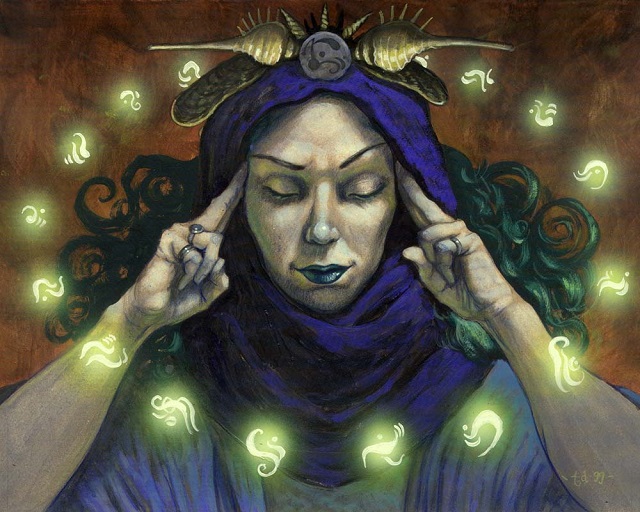
Thinking…
From what I concluded, there were 3 different options, in this current situation:
We need to decide on one of the lines, above, 2 of which are strategically sound basic plays, one of which is simply superior to the other in 《Utter End》ing the being stronger than the 《Siege Rhino》 play as it does not leave us dead to 《Inverter》 and removes Oscar’s chance for repeat card advantage.
The third option though introduces some risk to the line, if Oscar simply does not have 《Inverter》 it’s entirely likely that he plusses 《Jace》 on himself and cast 《Dig Through Time》, an option that would otherwise not be available to him, leaving us having given Oscar both tempo and card advantage that could have been avoided, however the play also comes with the chance to outright win the game, from a game state which I would consider slightly unfavored, close to even.
How do we decide between the technically sound line, or the next level play?
Using All Information
Information #1: 《Jace》 whispered a truth
Here is where we have to start using information gathered. First off, Oscar targeted me with the first 《Jace》 activation, leaving himself noticeably short of 《Dig》 should I remove the 《Jace》. This leaves me with a strong belief, that he has the 《Inverter》 rolled up for the win, and thereby completely disqualifies the 《Siege Rhino》 play.
Information #2: Oscar is a very capable Magic player
We know that Oscar is a very capable Magic player, with the capacity for high level strategy and counter strategies, and this is perhaps the most important piece of information in this particular case.
Information #3 and #4: He knows most of all cards in my hand including 《Siege Rhino》 and who I am
Seeing as Oscar knows our hand, with exception of the 《Utter End》 and the blank, when we pass the turn back, Oscar will immediately know something is up. He knows me well enough to know, that if I have nothing there, my most likely line is to just cross my fingers and jam the 《Siege Rhino》. Oscar also knows that his opponent in this game, which is me, usually values technical play over “fancy” play.
Information #5 and #6: He also knows my decklist including 3 《Mystical Dispute》 in the sideboard and 《Bring to Light》 in my hand
Oscar also knows my decklist, and knows that my sideboard contains 3 copies of 《Mystical Dispute》, a card that if drawn, would be highly likely to make me choose the line of passing. Lastly Oscar also knows that I have a 《Bring to Light》 in my hand, meaning that should he fail to resolve 《Inverter》 on this turn, I might draw an untapped land, and strip him of his combo for the rest of the game.
My conclusion
All of these factors contribute to the conclusion, that even though he will smell something is up, I believe the most likely outcome of the following turn to be: Oscar casting an 《Inverter》, and trying to go for the win, probably expecting the 《Inverter》 to get countered, by 《Mystical Dispute》.
For the reasons stated here, I think it’s highly likely that Oscar will take the line, that allows my line number 3 to simply win the game in this situation, and therefore, I chose to go with option number 3, resulting in my immediate win of what is otherwise a tough matchup.
Other possibilities from Oscar’s side
Now what could have been different, to make me choose the first line of play?
Oscar could have targeted himself with 《Jace》, this leaves the third line effectively pointless, as it no longer stands a chance of an immediate win.
Oscar could have been “almost” everyone else, in this particular case my prior knowledge of Oscar, is the biggest part of what drove me to the play, under many circumstances I would have merely killed the 《Jace》 and moved on, but seeing as I was playing Oscar specifically, I decided to deviate from what I would consider my standard technical line.
Wrap Up
All of this, is an example of me talking about some of the things, that goes into making a next level play, and making one. To summarize, when you are looking for a next level play, you need to make a judgement call, in this judgement call you will typically have to weigh up:
#1. The Risk
To name a few things that could be the risk, loss of card advantage, loss of tempo, or even losing the game. Notably for all risks, the worse the game state is looking for you, the lower they become. If you are already losing a game, but a Hail Mary next level play might turn the tides in your favor, maybe you should go for it even at low chances of success. Conversely if you are way far ahead, maybe don’t look for the fancy youtube highlight real moment, even if it has a reasonable chance of success, and instead look to make the technically solid decisions, more often than not to shore up the game.
#2. The Reward
The reward, is basically the inverted of the risk, all things that could be a risk could technically also be a reward, gain of tempo, gain of card advantage, a little extra damage, winning the game.
#3. The Chance for Success
In terms of the chance of success, to come to a reasonable conclusion on this, you have to use the information you have and make an educated guess, this is by far the least tangible part of your decision, and will have a number of variables, which it is up to you, to guesstimate on: who’s the opponent, what line do you think they have gone for, what could be in their hand, what could be in their deck, how nervous are they. These are a number of things, that can influence a play like this.
Conclusion
I hope this may have shone a light, on the nature of plays given the designation “next level” and maybe given you an idea as to how, when and why to incorporate it into your own gameplay.
See you on the battlefield.
Kasper (Twitter)


